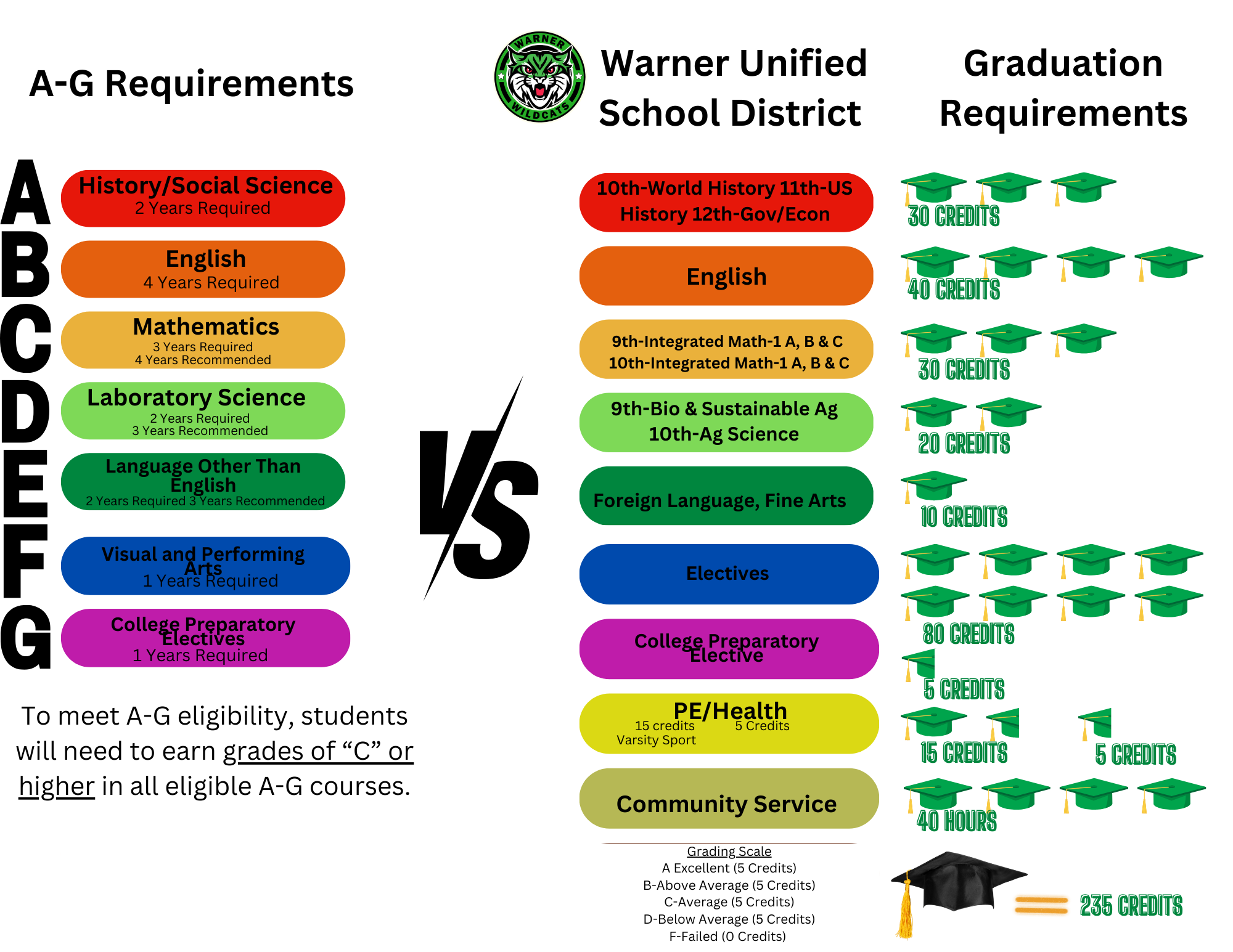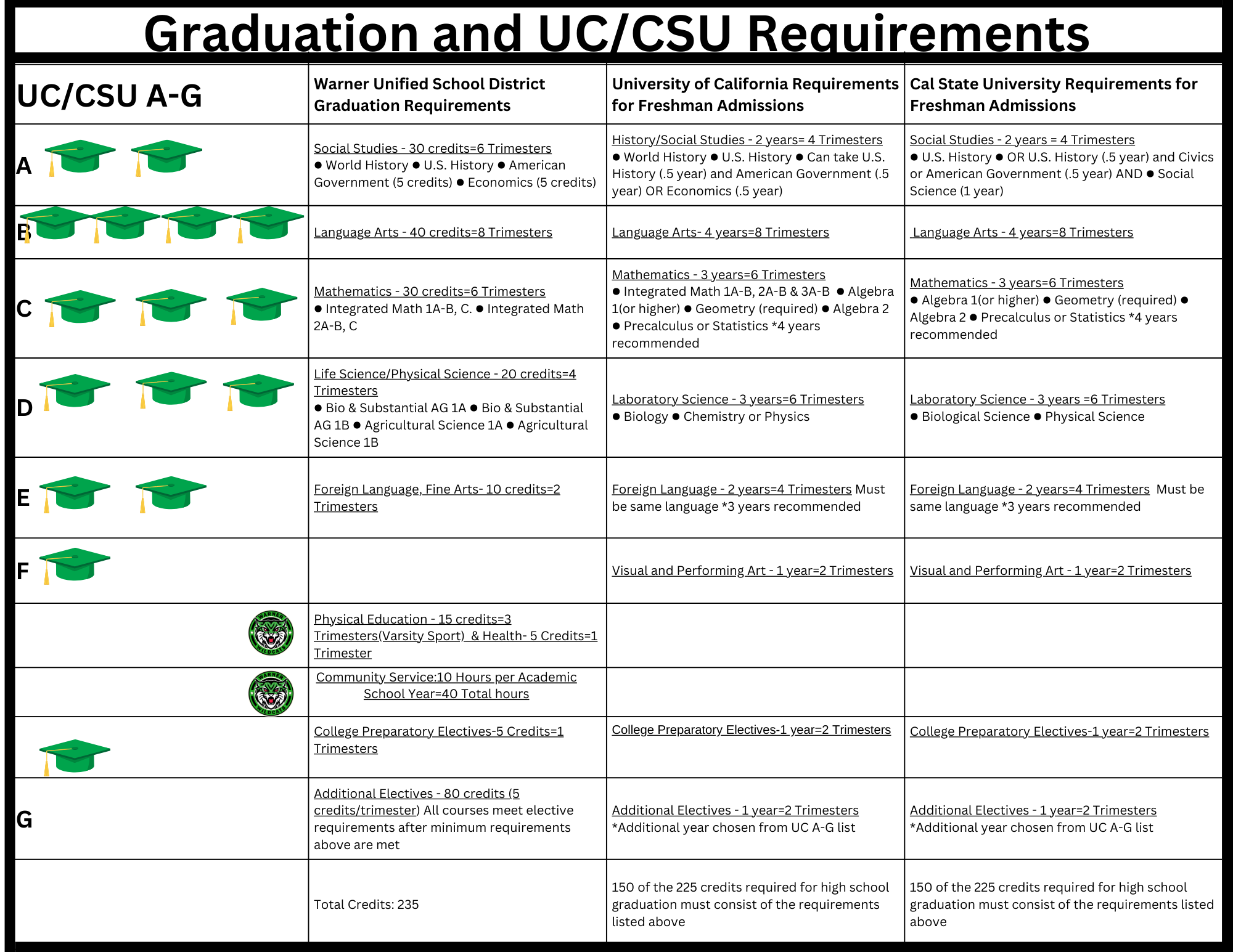
My name is Shanell Sands; I am the School counselor at Warner. I am excited to join the Warner team. I am a passionate and creative person. Part of my role here is to be a student advocate while helping promote positivity and getting students on the right track for college and careers.
I am here for the students whether it’s for academics or social and emotional needs. As long as I am in the office, I have an open-door policy, Students can stop by anytime to see me. I understand that some days are harder than others. Therefore, I provide a quiet and safe environment where students can get away and do work if needed (with teacher approval of course).
When I am not working, I enjoy spending time with my Husband and our three boys. I am all about family and making memories. I capture every moment and take each day as it comes.
“Life is about choices, where will yours lead you?”
Say Hi: shanell.sands@warnerusd.net
Suicide Prevention information
If you or someone you care about needs assistance
National Suicide Prevention Helpline
1-800-273-8255
San Diego Access and Crisis Line
1-888-724-7240
Suicide & Crisis Lifeline
Text or Call 988
Resources: Mental Health & Self Care

Graduation Requirements

UC/CSU Requirements

STOP!
and think about Mental Health
It is normal for children and youth to experience various types of emotional distress as they develop and mature. For example, it is common for children to experience anxiety about school, or youth to experience short periods of depression that are transient in nature. When symptoms persist, it may be time to seek professional assistance. While most youths are healthy, physically and emotionally, one in every four to five youths in the general population meet the criteria for a lifetime mental disorder and as a result may face discrimination and negative attitudes. As with physical health, mental health is not merely the absence of disease or a mental health disorder. It includes emotional, psychological, and social well-being and involves being able to:
Navigate successfully the complexities of life
Develop fulfilling relationships
Adapt to change
Utilize appropriate coping mechanisms to achieve well-being without discrimination
Realize their potential
Have their needs met
Develop skills that help them navigate the different environments they inhabit
The presence or absence of various combinations of protective and risk factors contribute to the mental health of youth and efforts can be undertaken to promote positive mental health and prevent or minimize mental health problems. Youth with mental health disorders may face challenges in their homes, school, community, and interpersonal relationships. Despite these challenges, for most youth, mental health distress is episodic, not permanent, and most can successfully navigate the challenges that come from experiencing a mental health disorder with treatment, peer and professional support and services, and a strong family and social support network.
Ask yourself: "Am I self-cognizant?"
Studies show that providing an opportunity to calm yourself with a quiet moment helps prepare for learning. Allowing yourself to become cognizant of your feelings and well-being. Just 60 seconds of quiet calm breathing time before instruction begins could make all the difference in a student's performance. Our current culture is filled with stimuli, noise, and input for the mind, from the time we wake up to the time we go to bed. A “Mindful Moment” allows our students a chance to pause and reflect upon the day ahead.
Take a moment at home with your children to practice being self-cognizant. Educators are not always aware of the struggles children face at home or in their personal lives. Research has shown that by participating in a quiet moment each day, students feel less anxious, less stressed, calmer, and more able to focus. This, in turn, improves learning as well as behavior at home and school.


